

If you’re curious about the benefits of VPN use and the consequences of not using one, you’re going to find this post particularly valuable (and frightening).
This is not your average travel blog post.

tl;dr
Most people don’t ask themselves what does a VPN hide, consider the real-world benefits of VPN use, or why a VPN for international travel is an absolute must for your offline safety.
What you don’t know will surprise you. A booty call or a simple meme could get you locked up abroad. Back home, your internet history could cost you an insurance claim or affect the outcome of a court ruling in the years ahead.
It’s pretty freaky stuff, and so few people understand the risks they’re taking before they log on to the internet at home or while traveling. This isn’t your 1994 internet, things have changed quite a bit. And I thought it very important to keep our readers up on recent cases, trends, and changed regulations surrounding internet use around the globe.
We suggest a service like NordVPN for international travel and people that work from home –at the very least, your internet activity should be originating from a region where that activity is legal.
If you’re about to start your next journey or you know someone who is, share this post with them as a friendly public service announcement.
Get NordVPNIs it Worth Getting a VPN? When You Leave Your Country, You Leave a Lot of Your Rights Behind
In this article we discuss what a VPN is, the benefits of VPN, and what might happen if you don’t use one at home and abroad –backed up by living nightmares you can read about on reputable news sites.
We’ll explore how your legal rights may be diminished while traveling, the state of net neutrality, and how something as basic as a one night stand can have dire consequences if you’re not using a VPN service.
It is worth getting a VPN, travel with a service like NordVPN can prevent scams, persecution, and even jail time.
They’re Listening
Governments are listening; news stories are common where it’s clear a government may be using heavy-handed defamation, la majeste, and antiterrorism laws to send people to jail for things they say and do online, while censoring the internet.
“It never crossed my mind that a joke would cause this much trouble for me,” he told reporters.
“I really regret it.”
This VPN travel post isn’t just for expats, it’s also for people who are debating the purchase of a cheap VPN for home use and are curious about what does a VPN hide?
Even for a video game console. Because you don’t know what your kids are up to, all the time –and what a kid does today could f*ck them tomorrow (as we’ve seen in recent US politics).

Respect the King
We’re back in Chiang Mai meeting up with Digital Nomad Escape Plan readers, cryptocurrency enthusiasts, friends, colleagues, and spending time at coworking spaces –and I keep noticing that Westerners are taking bad internet security habits with them to Southeast Asia. And even worse, they aren’t up on local laws while doing so.
Freedom of speech varies all around the world. Many countries in Southeast Asia have rules surrounding online conduct that are much more broad, and vague, than in the West.
For instance, I wanted to Photoshop of a photo of me, the size of Godzilla, walking past Maya Mall in Chiang Mai. Totally harmless, right? Silly idea. Totally goofy. I saw it once on Instagram and I thought it looked pretty cool.
However, if I were to make my body bigger or taller than a nearby photo of the King of Thailand, that would be considered disrespectful to their monarchy.
If reported by a disgruntled local or I was spotted by the government transmitting the image electronically, I’m f*cked for breaking La Majeste laws.
And yeah, they’re watching –with the aid of companies like Microsoft building back doors for the Thai government right into the operating system you probably purchased in your home country, but more on that later.
Yup. Online privacy is a total shit show when you’re traveling. What does a VPN hide?
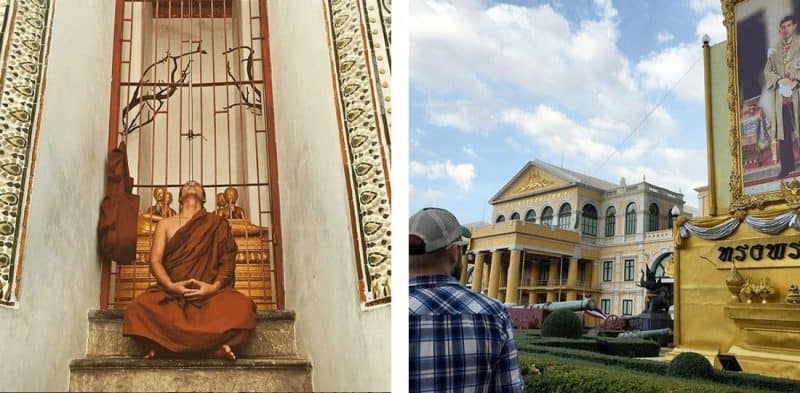
Tales From the Crypt(ocurrency)
A post that’s critical of a country, its government, a religious group, a gender, race, or even the bad service at a local business could put you in jail –bad reviews are often considered defamation by sensitive business owners in Thailand, for example.
Heck, I could get flagged just listening to a friend talk about how great the legal cannabis is in Canada over Skype or using cryptocurrency on my laptop.
Because views commonly held and respected back home may not be so common or respected when you’re on the road.
As a foreigner, governments are much more critical of you than the population they govern. Online, you stand out.
A seemingly innocuous political or drunk shit post on the internet could destroy your life. It’s the new Brokedown Palace. The internet is full of trolls, and it only takes one to report you.
Ree! Ree! Ree!
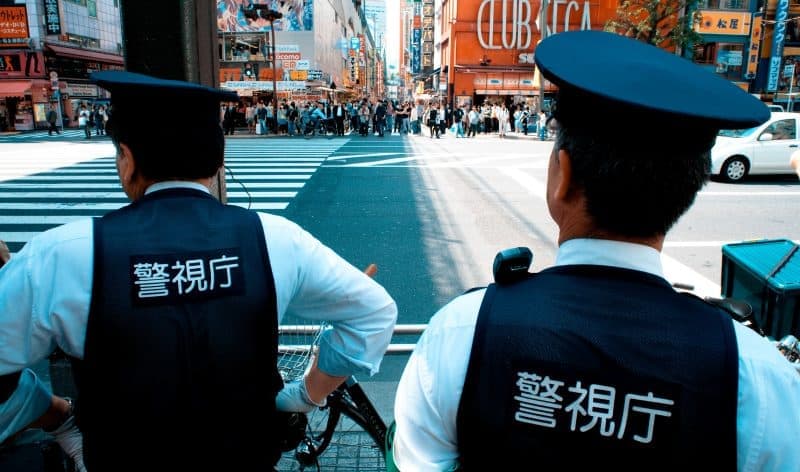
What is a VPN?
Let’s pause for a moment and look at what a VPN is and what it does so we’re all on the same page.
A VPN (Virtual Private Network) is an encrypted tunnel that keeps your data secure and anonymous (if your real name isn’t attached to it –one reason I dropped Facebook in 2018).
A VPN can route your data anonymously through countries where a certain type of content is legal to your computer in a country where the same content may not be legal.
VPN travel, so to speak, can make you appear as if you’re in another country, and lump your data with a bunch of other anonymous users –so no one knows who did what.
This obsufication of your data can protect you from local laws and regional bottlenecks that are monitored and built into online services.
What Does a VPN Hide?
Put simply, a VPN will hide the following information from prying eyes;
- Your actual IP address is hidden, replacing it with another one; your IP address is your computer’s unique address on the internet and can be used to discover your physical location while uniquely identifying your computer –a VPN can hide your location by replacing it with one you choose (also making it easy to get Netflix US streaming in a foreign country, for example)
- Your internet activity is hidden; a VPN hides your browsing history from internet service providers by encrypting it and lumping it together with others so it’s increasingly more difficult to identify your browsing history as an individual
- Your online preferences are hidden from advertisers; online advertisements contain deep-seated tracking beacons that can identify and follow you across the web to build a profile on you, your interests, political leanings, and much more –a VPN can block ad servers in their tracks from connecting to your computer and anonymize your activity
VPNs hide your data footprint while making your internet connection safer to use, which is great for international travelers hopping from one WiFi hotspot to another.
The level of encryption your VPN provides will hide your online activity from insecure networks and malicious WiFi hotspots set up by those who want to eavesdrop. In many cases it isn’t just a lone hacker you need to protect yourself from, it’s local governments, too.
However, not all VPNs are created equal; VPNs hide your online activity from others, but they could be hoarding your data for themselves to sell to the highest bidder.
This is why it is important to buy VPN services from a company that does not keep customer activity logs –and for an added layer of security, offers the ability to pay for the service anonymously using payment solutions that don’t require a name and billing address. NordVPN is one such company.
Do I Need a VPN at Home?
VPNs aren’t only for people trying to bend the rules while they travel. A cheap VPN can also protect you from hackers and malware, making your day-to-day internet browsing more secure.
If you work online, or bank online, or store cryptocurrency on your laptop –a cheap VPN is an added layer of security to protect everyday users from online scams, malware, getting fined for torrent use, and so on.
Do you Need a VPN for Streaming or Torrenting?
You may need the a privacy-focused VPN for torrenting or streaming if you’re trying to access regionalized content that’s only available within a certain country when you’re not physically in that country.
For example, Netflix offers its best content to Americans. Using a VPN for streaming from Netflix’ US website while you’re outside of the US will allow you to view the US catalog of content while you’re abroad.
The same goes for online banking, cryptocurrency exchanges, banned social media websites, and so on. It’s easy to view content from back home that may not be available in the country you’re in with VPN travel.
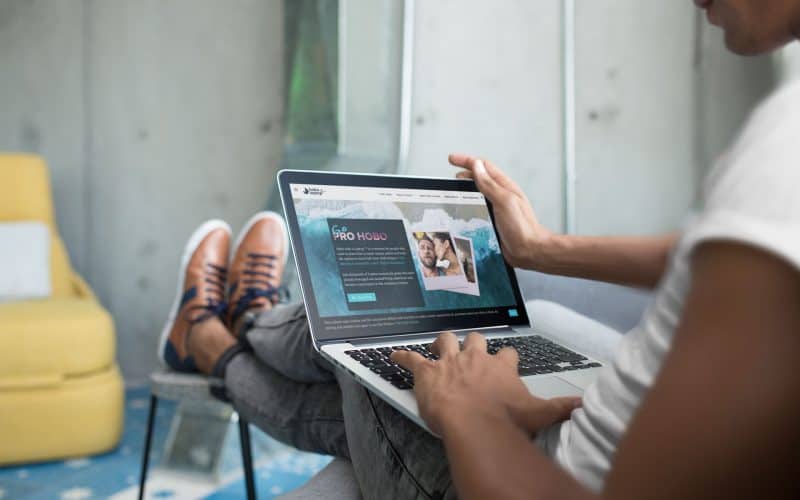
Bad Habits, the West, and the Internet
As it turns out, Westerners have a lot of bad habits when it comes to their internet security.
28% of Americans don’t have a passcode set up to access their mobile device. 40% only update their smart phone apps or operating system “when convenient”, and 14% of Americans will never update their phone’s operating software (source).
To make matters worse, another survey by Global Web Index revealed that only 5% of Americans use a virtual private network (VPN). And then there’s the meagre VPN use of Germans (6%), the United Kingdom (5%), and Australians (4%).
If you’re taking this lax approach to online security with you abroad, you’re asking for trouble.
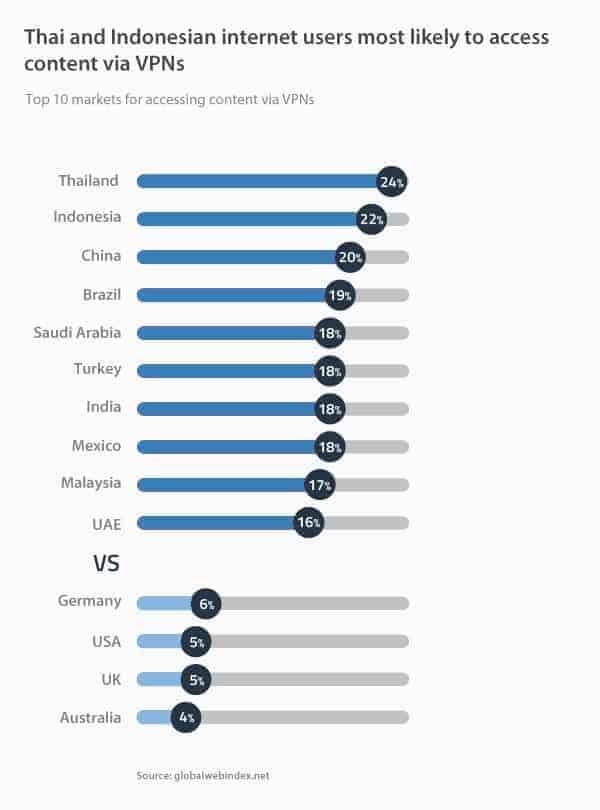
Consequences of Not Using a VPN
VPNs aren’t sexy talk. I understand you.
But a cheap VPN comes at a lower cost than a single night at a hostel –in some cases you only need to pay once for lifetime access.
And if you do pick up a VPN, you’re protecting yourself from the consequences that follow.
Man in the Middle Attacks
A VPN can make insecure networks more secure and prevent “man in the middle” attacks from compromising whatever data you’re transmitting one way or another.
A man in the middle attack is when someone inserts themselves between your computer and the server you’re communicating with, able to view all data traffic like passwords, photos, and messages.
A VPN can further encrypt your data, making your traffic indecipherable to the average hacker. This means all of your work, cloud drives, and bank accounts are less likely to get broken into.
But there’s a darker side. And if there’s one trend in this article, it’s the progression of bad to worse.

Are You Gay?
Things that we did every day back home may not be legal in the country we’re in, and those laws could bleed into our online activity. It’s generally best to keep our online activities separate from our offline activities.
Facebook, Bitcoin, Grindr –all of these are tied to some sort of crime in one country or another.
Sexual experimentation is a common aspect of travel for anyone, and sexual exploration takes two (or more, you dog).
And how are you going to seek out a partner? You’re making yourself vulnerable if you look for a roll in the hay with a same sex partner online and aren’t using a strong VPN.
Some countries love a good raid. There’s gay raids, prostitution raids, and drug raids, and it’s possible they’ll come with some good old fashioned extortion. Not using a VPN could make your moment incredibly public.
Brunei, Myanmar, Malaysia, and the provinces of Aceh and South Sumatra, the city of Palembang, and also Jakarta in Indonesia all have laws prohibiting sexual acts with the same sex in some capacity.
Do You Use Cryptocurrency?
Countries in Asia are generally pretty sketchy about cryptocurrencies, with countries like Indonesia and Vietnam outright banning them as a form of payment.
Microsoft, Noooo!
And finally, Microsoft is cozy with many governments around the world, empowering them with access to computers running the Windows operating system –something that Mac OS users don’t have to worry about (yet).
From Privacy International;
As described in Privacy International’s recent report “Who’s That Knocking At My Door? Understanding Surveillance In Thailand”, the Thai government has a certificate authority in Microsoft Windows Certificate Store.
This means that Windows users who use Internet Explorer, Edge or Chrome (or any program that rely on the Microsoft Certificate Store) could be vulnerable to a miss-issuance from the Thai Government or a Man-in-the-Middle attack, particularly when using the internet from within Thailand.
Fret not, that same article also shows you how to remove the certificate. Although, non-technical people may prefer to simply use a VPN.
Related: Microsoft Edge Lets Facebook Run Flash Code Behind Users’ Backs
Net Neutrality is All Over the Board
Oh, but I’m not done yet. If you’re living in a Western country like the US or Germany, you may be wondering; is it worth getting a VPN for domestic use?
Short answer; yahsss.
Recently it has been reported that President Trump and his ilk have liberated your internet usage history from the data centers of your friendly neighborhood internet service provider, and allowed the latter to sell your data to anyone who wants to see it without your permission.
While it’s no secret that companies like Google have been reading your email and other personal data for the last decade or so and selling what they find to advertisers –and Obama, too has had his hand in your honey-pot.
Now Trump, love him or hate him, has blown everything to hell (worse than Google ever did).
When the jury on this issue can go from one extreme to another, even within parties (Bush Jr. was a better advocate for net neutrality than both Obama and Trump, but a lot of people hated that guy too) –it’s time to get a cheap VPN.
Today, there are no clear rules or limitations of what data can be sold so it’s safe to assume that data now available for sale includes all media consumed, mobile device in-app usage, the apps you use, internet history, and even data sent back and forth via the internet of things if it isn’t encrypted with VPN travel.
The use of this data has greater implications than most media outlets are talking about; it will complete an already clear picture of our psyche and continue the bridge to actual mind control –and I’m not being facetious.
‘Psyops’ have been around for decades, with technology by Cambridge Analytica leading the charge. What we’re looking at is worse than Orwell predicted.
Deeper down the rabbit hole we go!
“Data-Driven Behavior Change”
“The behavioral techniques that are being employed by governments and private corporations do not appeal to our reason; they do not seek to persuade us consciously with information and argument.
Rather, these techniques change behavior by appealing to our nonrational motivations, our emotional triggers and unconscious biases.
If psychologists could possess a systematic understanding of these nonrational motivations they would have the power to influence the smallest aspects of our lives and the largest aspects of our societies.” (Source)
“These Facebook profiles – especially people’s “likes” – could be correlated across millions of others to produce uncannily accurate results. Michal Kosinski, the centre’s lead scientist, found that with knowledge of 150 likes, their model could predict someone’s personality better than their spouse.
With 300, it understood you better than yourself. “Computers see us in a more robust way than we see ourselves,” says Kosinski.” (Source)
Worth note is that Cambridge Analytica is the same company that helped Trump win the 2016 US Presidential Election, and you can bet they’re going to be first in line for the new data culled by ISPs –advertisers are the least of your worries.
With the recent deregulation of the data collected by ISPs in the United States, one can wonder if that was an underlying motivation for Cambridge Analytica assisting Trump to Presidential victory. And the big money behind Trump is also the big money behind Breitbart, and one of the minds behind Cambridge Analytica.
You can learn more about big data and behavioral sciences by reading the following related articles;
- Robert Mercer: the big data billionaire waging war on mainstream media
- Invisible Manipulators of Your Mind
As far as we know cheap VPNs still work as long as the company website you’re using doesn’t sell your usage data (ie. what you do on their site, what you type as you type it –whether you publish it or not, with AJAX programming –technology that Google’s Gmail and Facebook comment boxes use).
It is unclear at this point if it’s just http traffic, or if data will be available for sale retroactively to before the US administration removed privacy rules. All we know is the FCC and FTC rules that were in place no longer exist (along with the consequences of violating your privacy).
And it doesn’t really matter, most people don’t even know (or care) if their apps are encrypted, anyway.
Now this is all theory from here on in –but this ruling has the potential to make the Ashley Madison hack look like tripping over an uneven sidewalk by comparison.
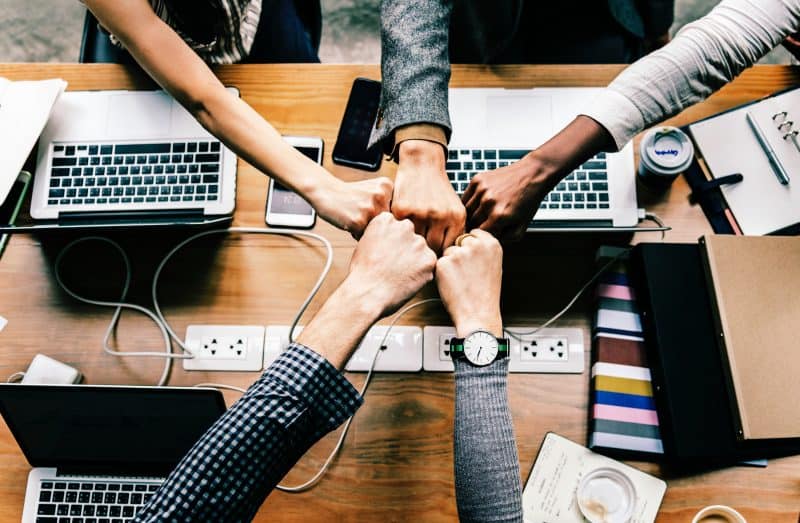
Why the No-Neutrality Internet is Beyond Creepy
In our post-net neutrality world, not using a VPN means businesses can line up to play bully.
Big Advertising will be first in line, but so will data scientists and entities from contracted private subsidiaries of governments around the world, hired private investigators, lenders, insurance companies, lawyers, unions, prospective employers, and anyone else who wants to see if you’ve been keeping your nose clean. Why would advertisers have all the fun?
Equally chilling is that this could also mean the return of the “social credit score” in the US that was shelved by Facebook in 2016 –a strategy China is embracing. For how long Facebook keeps the idea on the shelf is anyone’s guess.
Your internet history, if not encrypted, could mess with other aspects of your life.
Websites you visit during litigation, investigation, or insurance claim proceedings for a work injury could be used against you. Anyone that’s ever filed for disability or tried to start a union knows respective companies are watching your social profiles –and now they’ll have your browsing history, too.
It goes beyond borders; anyone tapping into websites or social media portals in the United States without a VPN will also be affected. This is because internet engagements into America come out on the other side via an American ISP. Events like the Arab Spring could be quashed before they ever gain traction by an unruly dictator.
You need to worry about more than just a singular ISP being hacked and your data leaked –you need to be wary of how your data is stored at any of the few thousand companies that purchase it.
The sky is the limit; what will be available in terms of business-to consumer data marketplaces before the year is out is anyone’s guess. What would a subscription plan cost? $20 per month for unlimited civilian searches of what Aunt Faye has been reading on Buzzfeed?
The companies behind Spokeo, Pipil, or Virtual Gumshoe are already used for nefarious purposes like doxing, it isn’t a stretch to imagine similar marketplaces will be created to make your web browsing histories publicly accessible for a price. And it won’t be “the highest bidder” –that’s just hyperbole. It’ll be an ex-boyfriend, an employer, or your students.
Most of the internet businesses (read: social media) that the entire planet uses regularly also have an ISP division –namely Facebook, Google, and AOL (yes, people still use AOL). All based in America, all ISPs, and all possess a social network. With their greater visibility to data, can they sell that too?
With all this data flying around, how will it be used by organizations in other countries?
Would countries like Thailand want to look back retroactively to see if you ever insulted or defamed a royal or visited unencrypted sites they deem inappropriate? What about Thais living or traveling abroad, outside of the bubble.
Maybe a citizen of the developing world waited until they were off the soil tied to their passport, but would that matter to their government? Do we care that citizens in the developing world use US-based websites, too? What would their governments do to them if they didn’t like what they find?
Two Classes of Netizen
Today it is more important to consider if giving your data to an American company is worth the risk (Google for reasons above), and equally important to find a great VPN service.
This law (or lawlessness, depending who you ask) has created two classes of netizen; those who use a VPN, and those who don’t. It’s hard to understand the cost-benefit analysis of paying for a monthly VPN service today when you don’t fully comprehend what tomorrow holds –whether in your life, or on the political landscape in terms of privacy.
“I’ve never been negatively affected by not using a VPN” is easy to say when you don’t actually know how your data is being used today, let alone tomorrow. How old are you? Are today’s struggles the same as tomorrow’s? Chances are the over-thirties version of you will thank you for thinking ahead.
You’ve heard this your whole life, but this is that signal you’ve been waiting for to stop using the internet like a toy. Now it’s like the Eye of Sauron –and that eye belongs to Trump, Jeff Bezos, Eric Schmidt, and Mark Zuckerberg.
Who will it belong to tomorrow? You can delete a post in one place now, but can you do it easily when it’s syndicated and sold later this week?
VPN to Use in China
Most Westerners traveling to China or Hong Kong that I know often ask which VPN to use in China, or the best free VPN to use in China.
Short answer: Most free VPN services come from companies in China, and many of which are owned by the government of China. It’s a false sense of security then the government is inspecting every data packet you transmit.
A free VPN is worse than not using one at all when looking for a VPN to use in China. Full stop.
The “best free VPN to use in China” isn’t free at all. The best VPN for international travel is one you pay for. Nothing worth having is totally free, there’s always a trade off.
After experimenting with a wide range of cheap VPN services, we went to Hong Kong with NordVPN.

Cheap VPN for International Travel
In case you didn’t notice how much we endorse NordVPN throughout this article, let me explain why we do:
- You can pay with random gift cards you can buy with cash, PayPal, credit card, debit card, and anonymous crypto –paying with a nameless gift card or crypto is a great way to keep your name away from your browsing history
- They don’t store any browsing data, so if subpeona’d, they won’t roll over on you
- They work on our Android TV, they’ve got an app for that unlike Private Internet Access
- They have servers all over the world so you can get regionalized content from anywhere
- They are the fastest (and cheapest VPN) we’ve used to date
- Their dashboard and apps are clean and easy to use
In Summary
All things considered, it’s time to start thinking about the benefits of VPN for your day-to-day life –you know, that life you live offline.
This is only the tip of the iceberg, the erosion of privacy we’re experiencing today is only going to get worse. Can you afford to wait until bad things start to happen to yourself personally before you pick up a monthly service that costs less than a iced cappuccino?
If you’re still not sure about which VPN to choose for travel or working from home, InVPN has a great breakdown of key deciding factors such as their jurisdiction, features, pricing and ratings.
Related: Quincy Larson from FreeCodeCamp wrote a really great article called “How to encrypt your entire life in less than an hour”.
Thoughts? Leave a comment below.




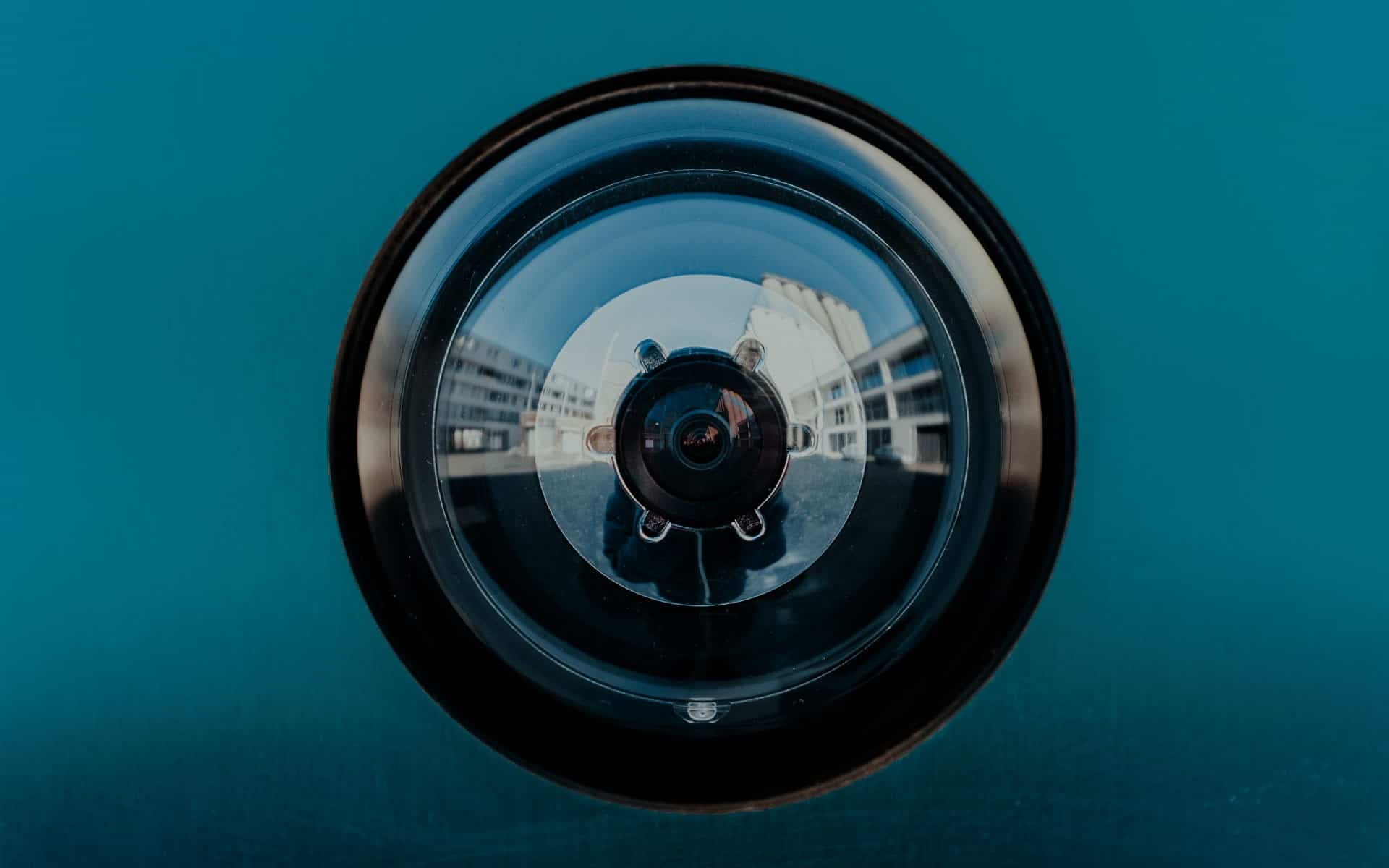
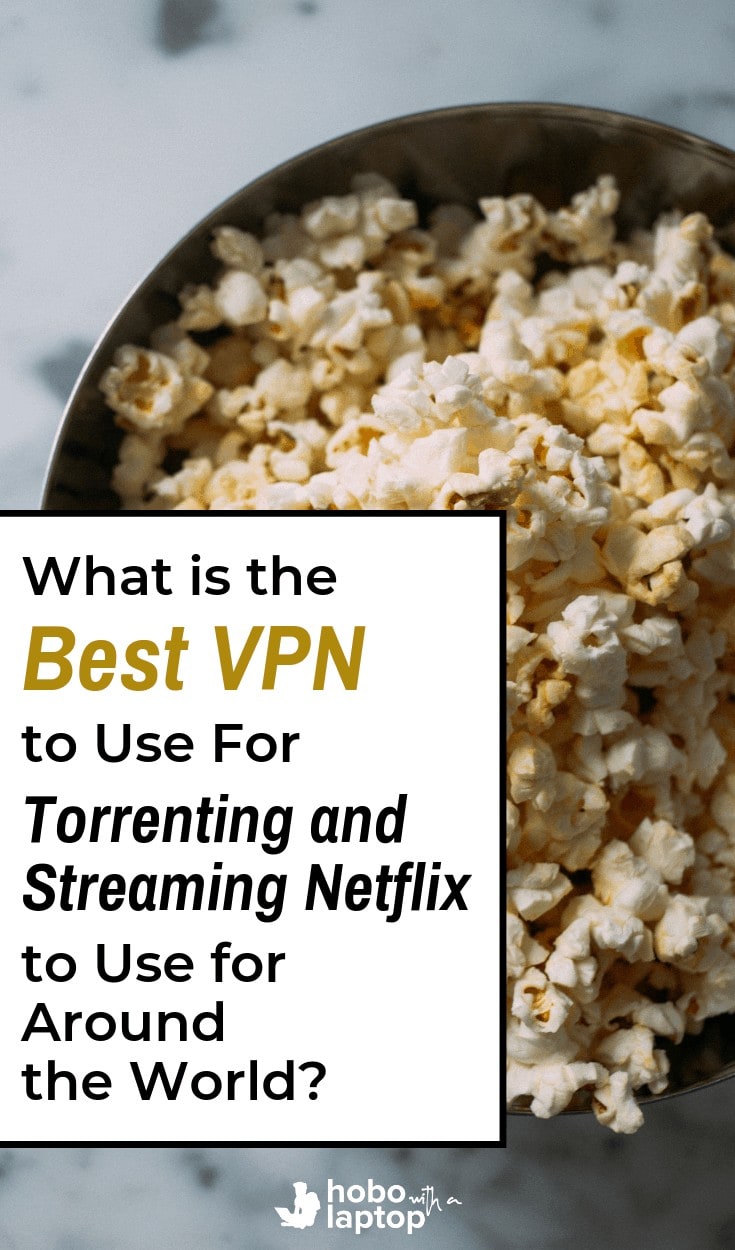

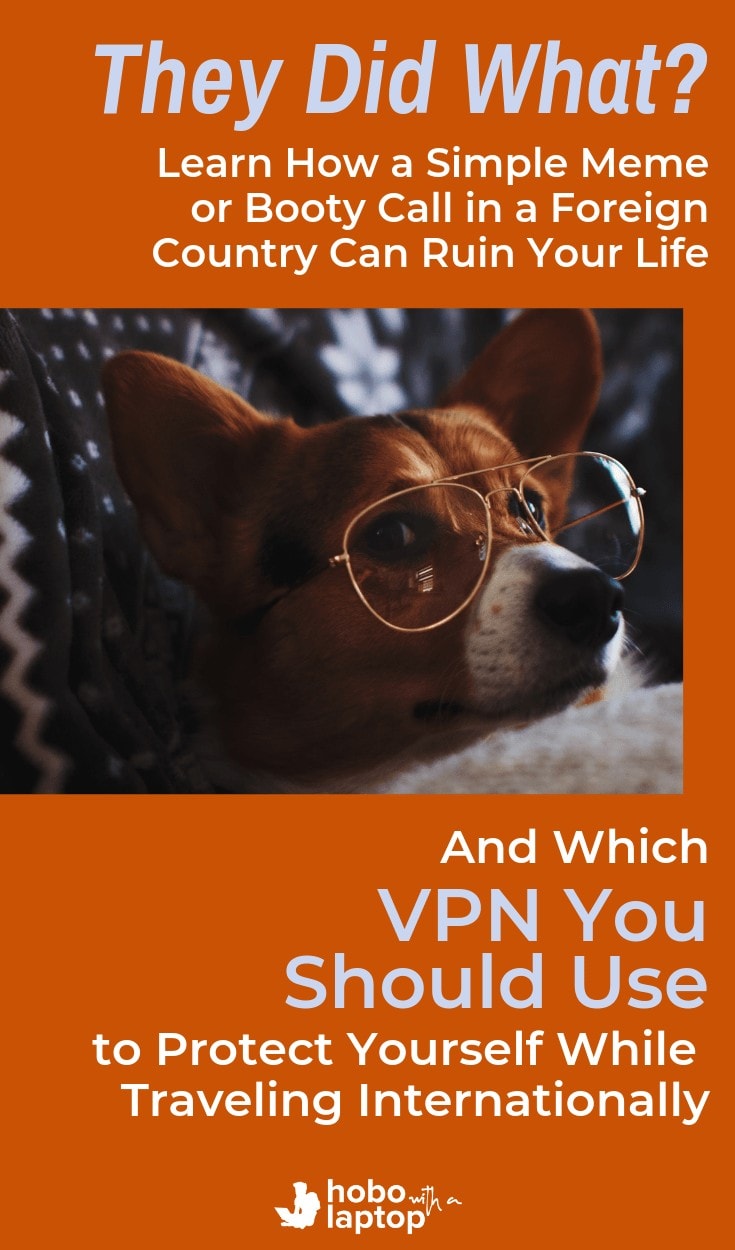

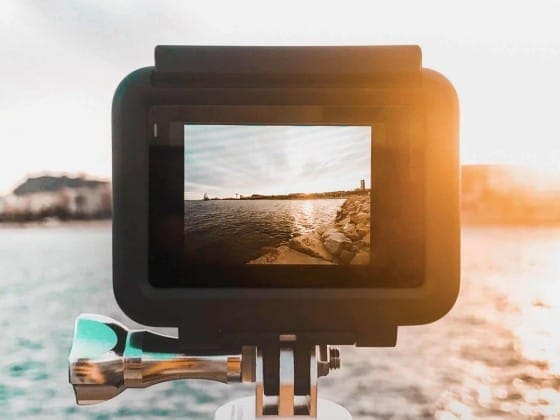
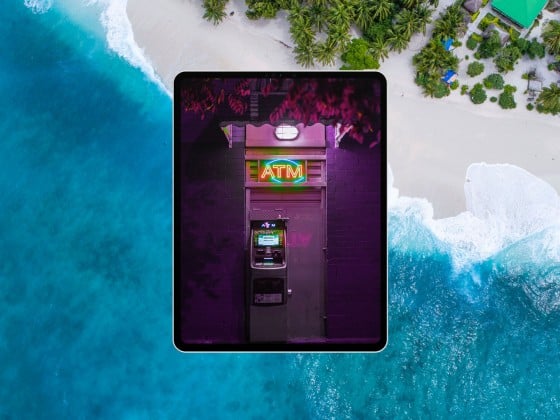
5 comments
I was at home in Canada and doing my online banking. A payment I was trying to make was blocked and I was instructed to call the bank’s 800 number. When I called to see what the trouble was, I was told that somebody had just accessed my bank information from Dallas. Turns out that it was me because my VPN had started automatically using the last country I had routed through.
I actually took this as good news in two ways. First, my bank was prompt at catching what could have been an intruder on my account. Secondly, it proved beyond doubt that my VPN service really did route me through whatever country I might choose.
Thanks for taking the time to leave a comment Paul.
I’ve had a similar experience with PayPal, but in reverse –when I used it without a VPN in Asia, I got locked out. From there on I used a VPN connection in Canada where I’m from and was able to have a secure connection without getting locked out. I hop around using different servers for fast speeds while media streaming, but always use the same server connection for anything banking related.
Okay, wow… so much information to handle. I was using Nordvpn but just because I wanted to unblock US Netflix. But now I have to take another look into my safety. I am not surprised that Indonesia, Thailand, China, and other countries are the top ones that use VPN. I have been to Turkey (number 6), and they block a lot of useful websites, and I think Indonesia has the same rue with blocking.
Hey Hindy, thanks for your comment. Yeah, it’s a ton of information and news articles to take in, that’s for sure –and many of these references are about a year old, I’m sure there’s more out there today. I’m an avid reader of Slashdot.org and that’s where I got a lot of these links.
I think there’s a lot of good VPNs for international travel out there, and I’ve heard good things about NordVPN. I just have no experience with it personally so I can’t vouch for it.
I think you’re alright if your VPN doesn’t tie your account to your identity via its payment method, uses solid encryption, and it isn’t based in a country that has restrictive laws.
If you use Windows, you might want to take a look at the tutorial I link to about removing that security certificate allowing the Thai government back door access to your online activity.
Thanks for stopping by, and stay safe!
Update: As time goes on we update our content to keep it current. One of our VPN service recently expired so we took a proper look at NordVPN and decided to use it on a few of our devices. It’s pretty good! As a result we’ve updated this article.